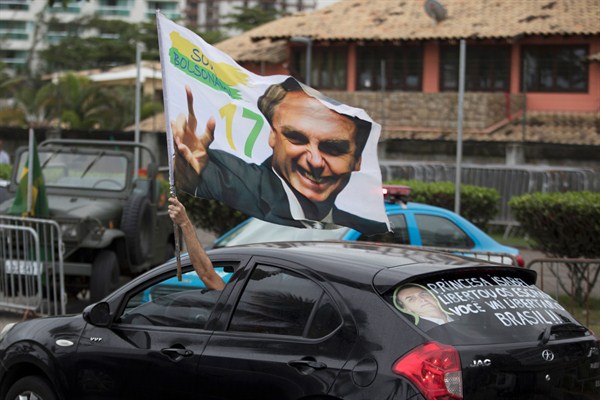Will the world’s middle powers save the liberal international system, or conspire to sink it? For the past decade, believers in international cooperation and multilateral institutions have invested a lot of hope in states like Brazil, India and South Korea. Such powers are big enough to play a major part in managing global order, the optimists argue. But unlike China and the U.S., they are not so big that they can disregard international rules and arrangements altogether.
The not-quite-superpowers gained new diplomatic clout in 2008, when the U.S. and its European allies turned to the Group of 20 countries to stave off the financial crisis. All of a sudden, officials from Argentina and South Korea were participating in first-order global decision-making. There was still an unofficial hierarchy in the G-20—with America and China wielding the greatest clout, and Europeans nervously defending their turf—but it looked like a strategic pivot.
In the wake of President Donald Trump’s assaults on the American-built world order, there has been a new spate of calls for middle powers to play a greater role in underwriting global stability. Germany has talked about fostering an “alliance of multilateralists,” while U.S. foreign policy heavyweights James Lindsay and Ivo Daalder have called on a “G-9” including European powers and Australia, Canada, Japan and South Korea to take up the leadership role Trump has dropped.

